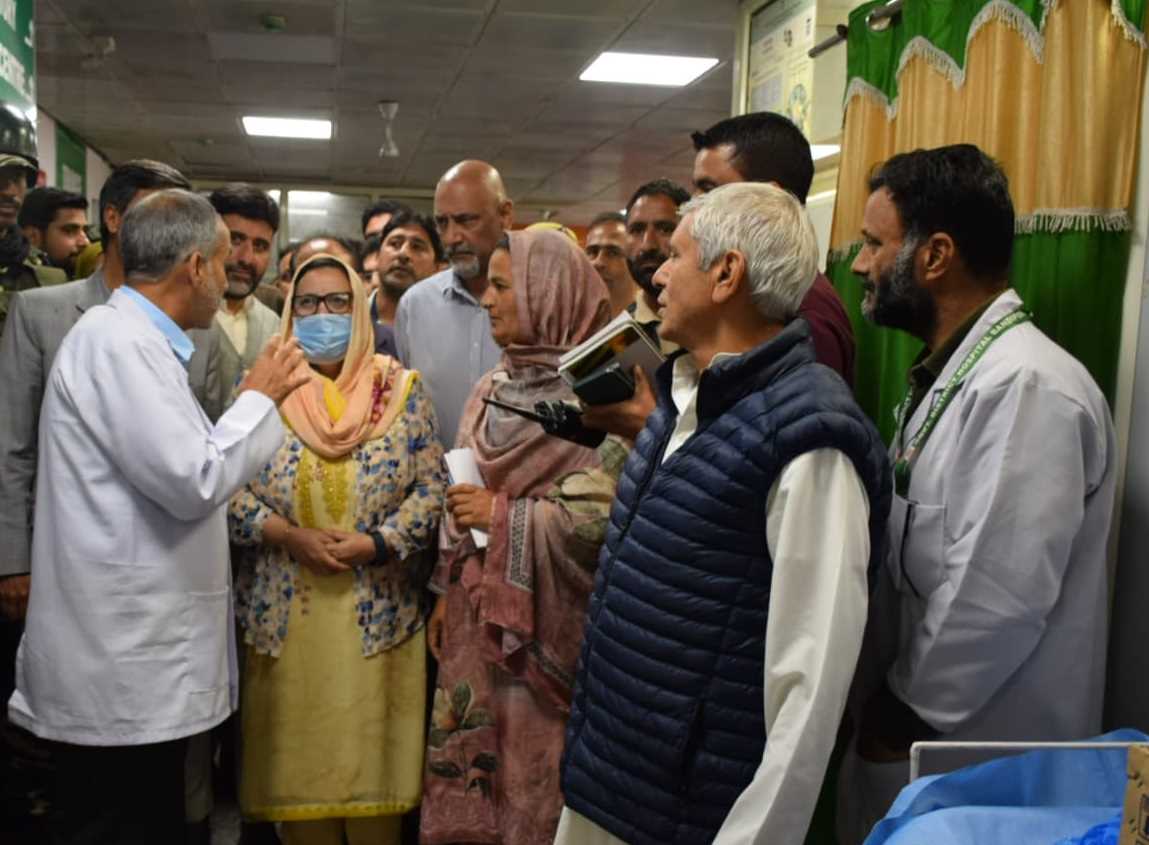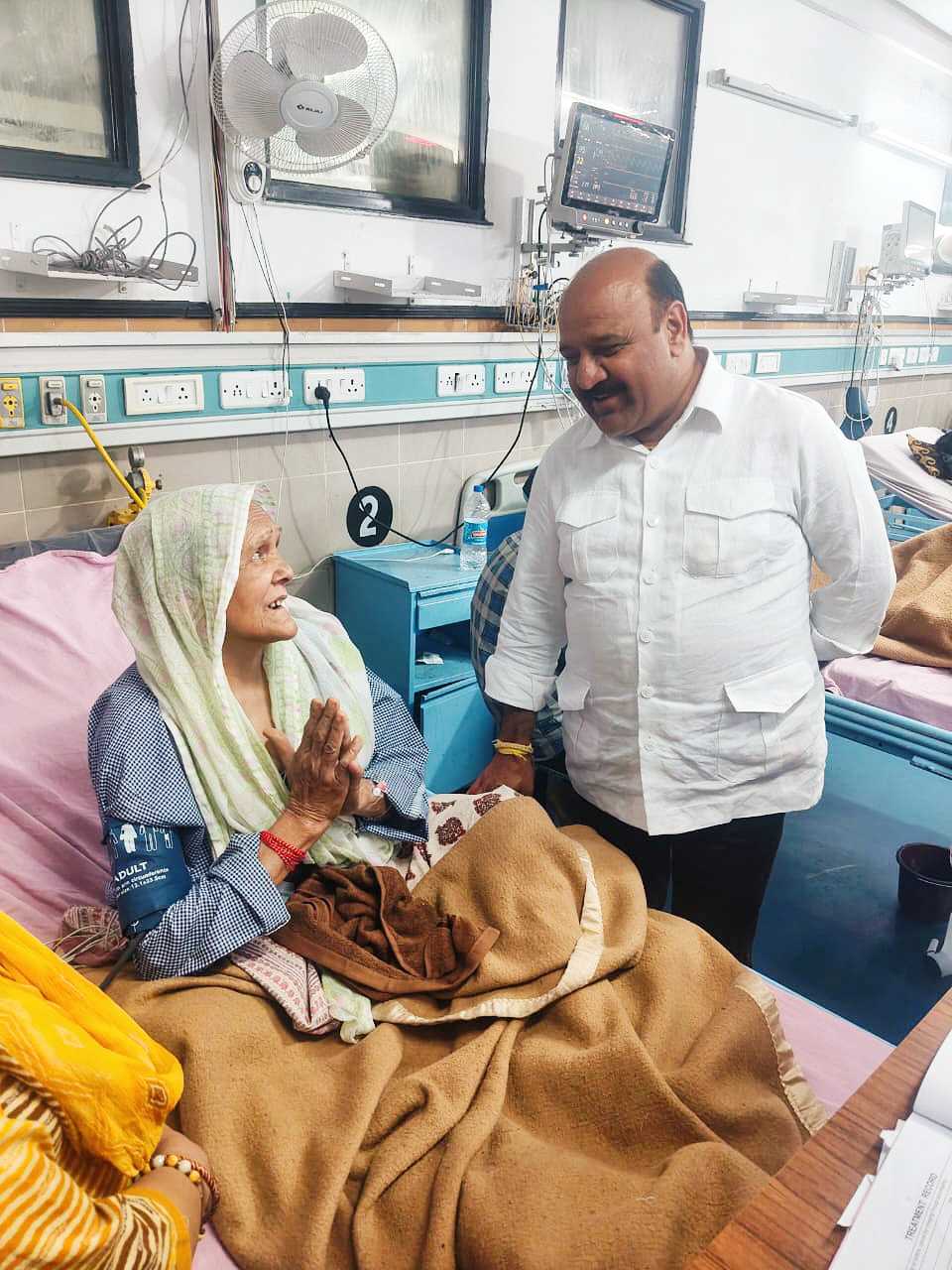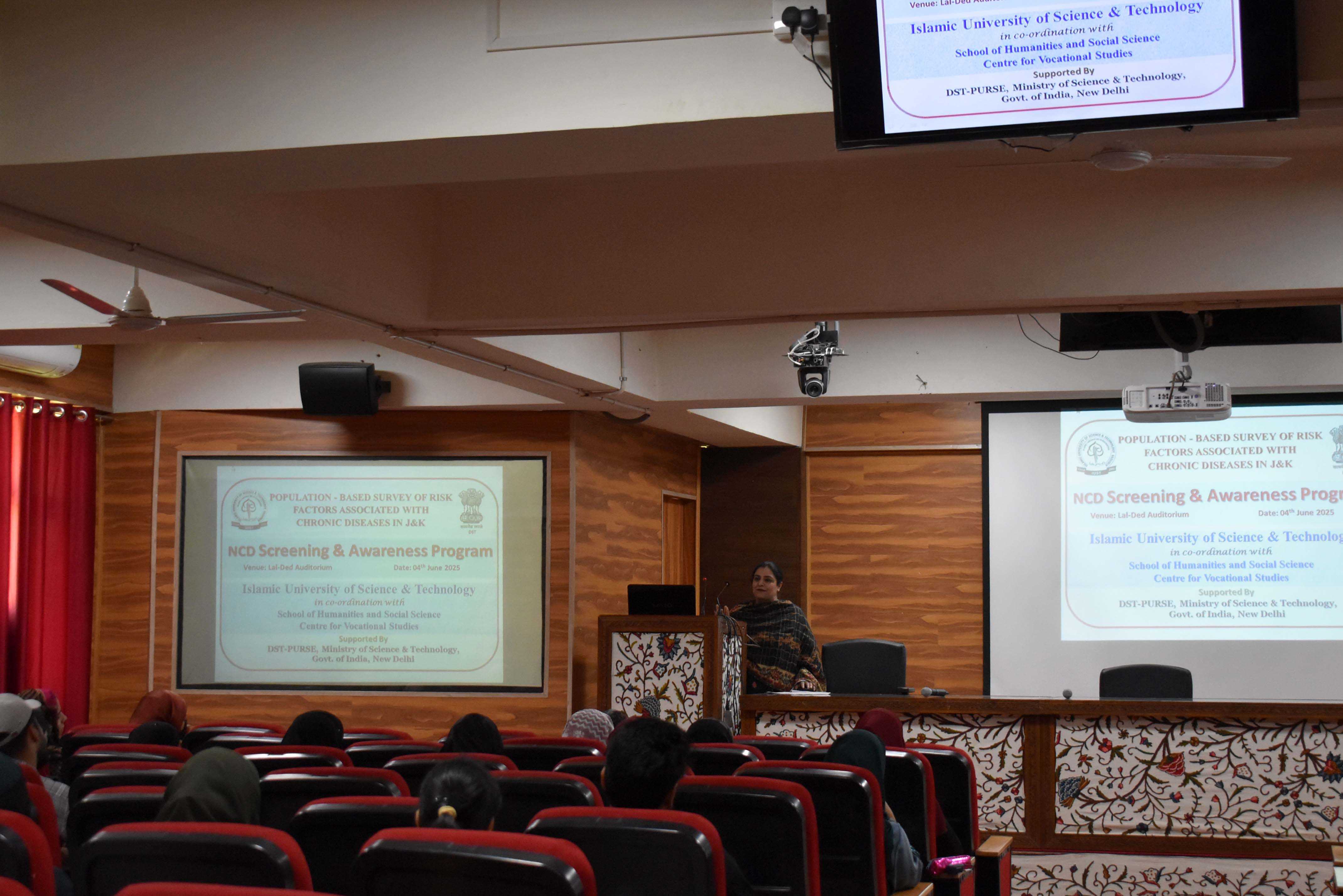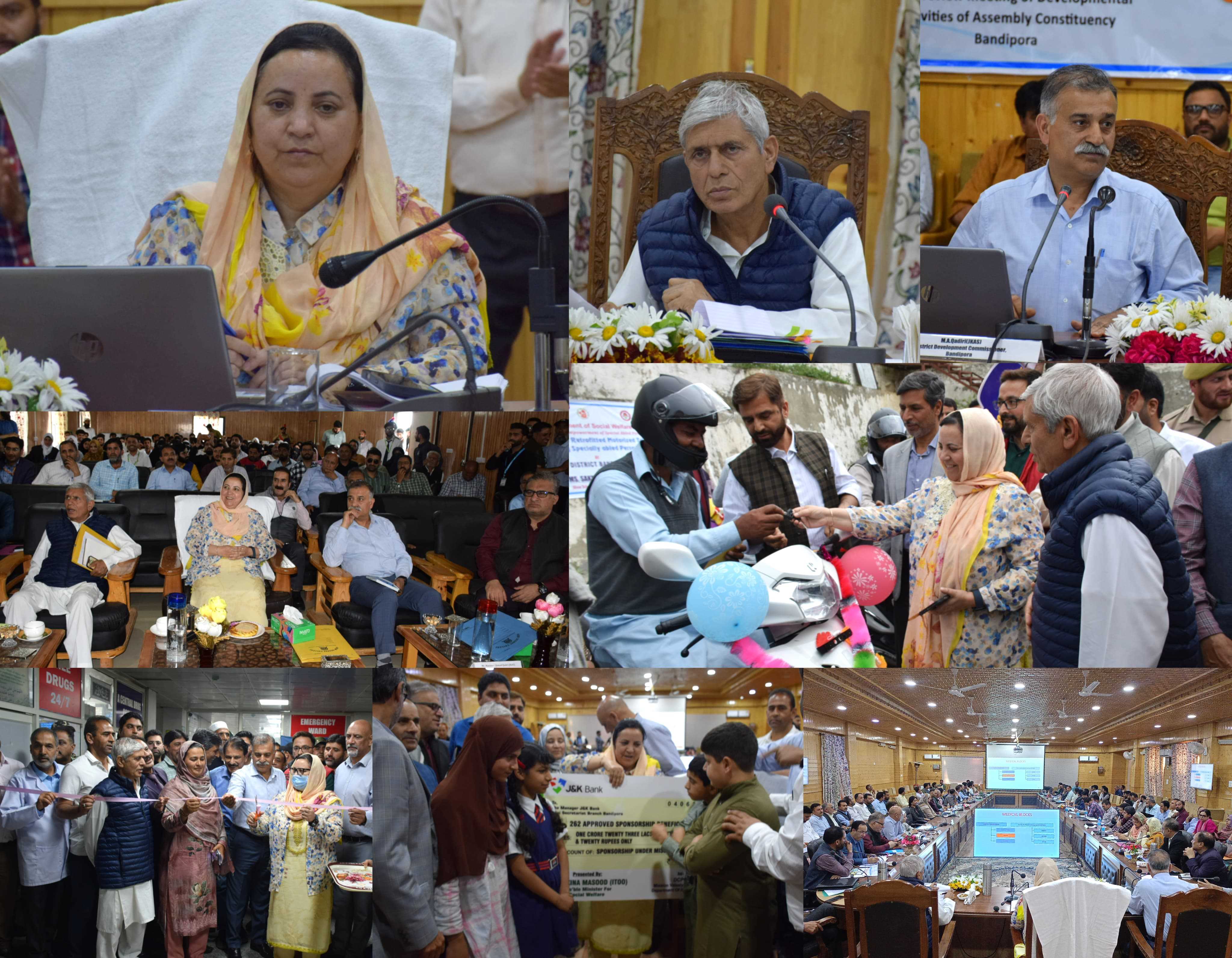Technology has opened a new frontier in mental health support and data collection. Mobile devices like cell phones, smartphones, and tablets are giving the public, doctors, and researchers new ways to access help, monitor progress, and increase understanding of mental wellbeing. Mobile mental health support can be very simple but effective. For example, anyone with the ability to send a text message can contact a crisis centre. New technology can also be packaged into an extremely sophisticated app for smartphones or tablets. Such apps might use the device’s built-in sensors to collect information on a user’s typical behaviour patterns. If the app detects a change in behaviour, it may provide a signal that help is needed before a crisis occurs. Some apps are stand-alone programs that promise to improve memory or thinking skills. Others help the user connect to a peer counsellor or to a health care professional.
Excitement about the huge range of opportunities has led to a burst of app development. There are thousands of mental health apps available in iTunes and Android app stores, and the number is growing every year. However, this new technology frontier includes a lot of uncertainty. There is very little industry regulation and very little information on app effectiveness, which can lead consumers to wonder which apps they should trust.
Before focusing on the state of the science and where it may lead, it’s important to look at the advantages and disadvantages of expanding mental health treatment and research into a mobile world. Creative research and engineering teams are combining their skills to address a wide range of mental health concerns. The current day trends in mental health App Development includes self management apps , skill training apps, illness and Medicare apps, apps for improving thinking skills, passive symptom tracking apps ,data collection apps etc.
The Pros of technology in the future of mental health:
1.Convenience: Gone are the days when you have to go to the hospital for treatment concerning depression and anxiety. Technology has provided a better solution to this. You can now treat yourself at any place at any time. It is very useful for those who might not have time to keep appointments. Online news services like planet news live and other platforms like Facebook WhatsApp, twitter etc make this possible.
2.Anonymity: One of the reasons why some people do not keep appointments is because they want to remain anonymous. Now you can access the treatment options without getting in contact with any other person.
3.Introduction to health care: This is for those who have been running from mental health care services. It is easier for you through the help of technology as you can make now use of online mental health care services.
4.Low cost:No need for paying for cards and booking for appointments with a therapist. All you need to do is to download free online e-mental health care Apps or less costly e-mental health care Apps.
5.A better service: A larger number of people can access treatment compared to traditional care. With the aid of technology, people living in areas that are not easily accessible to mental health providers can now be treated through e-mental health care Apps.
6.Interest: Some people love online channels than traditional channels. All these technological advanced apps are appealing to people.
7.24/7 availability: One of the greatest advantages of technology is the removal of the time barrier. With all these newly invented Apps, you can access the service at any time of the day without a time barrier or restrictions.
8.Consistency: Technology is certain of providing a service that can durable with the test of time. The same services can be provided to all users without barriers.
9.Support: The introduction of technology does not mean that traditional therapy is no longer useful. Technology provides support to traditional therapy. It added more new skills to traditional therapy.
Nothing is a hundred percent perfect. Every good thing has its disadvantages also. Here are the cons of technology in the future of mental health;
1.Effectiveness: The major problem associated with technology is the scientific verification of everything. It would want to obtain evidence that might probably work as every traditional method will do. This is likely to be impossible.
2.Intended users: One major concern is how do you know that the apps will work for a majority of people facing mental health conditions. Therefore it might be difficult to judge its effectiveness.
3.Privacy: Another great concern for the majority of people is how do you know that your personal information will be kept safe by the app makers.
4.Guidance: No standard to measure if all these technologies can prove their effectiveness. You need to be assured if those apps are up to the standard.
5.Regulation: Some associations and groups regulate the activities of therapists but there is no one to regulate activities of mental health technology.
6.Overselling: Just like in the situation of regulation, it is not easy to detect if an app or program is efficient. There might be a situation in which an app or program might not deliver up to the promises made. It could affect the sales of other apps that are effective.
It is clear that technology already has much to offer in terms of providing and improving access to better mental healthcare. It is, therefore, reasonable to ask why more has not already been done to take advantage of these tools. Traditional challenges to adoption, such as a lack of funding, play a part, but there is also an understanding within the industry that greater use of new and existing technologies in this space requires policy-makers and practitioners to navigate a complex web of ethical dilemmas, particularly in areas such as data privacy and individuals’ rights. The general nervousness surrounding this journey is understandable, but it has resulted in a reluctance to develop and scale technology-based initiatives that could improve and save large numbers of lives. It is essential for governments, policy-makers, business leaders and practitioners to step up and address the barriers keeping effective treatments from those who need them. Many mental health-focused apps do not report evidence from peer-reviewed controlled clinical trials to support their effectiveness and even for those that do, rapid advances in technology may render the research outdated. Furthermore, the absence of a consensual, globally harmonious, ethical and big-data framework has led to companies adopting their own consent, transparency, privacy and data policies. In conclusion, technology will keep making progress in the aspect of mental health treatment and there is better hope for the future of mental health.
Email:----faaheemfayaz112@gmail.com












